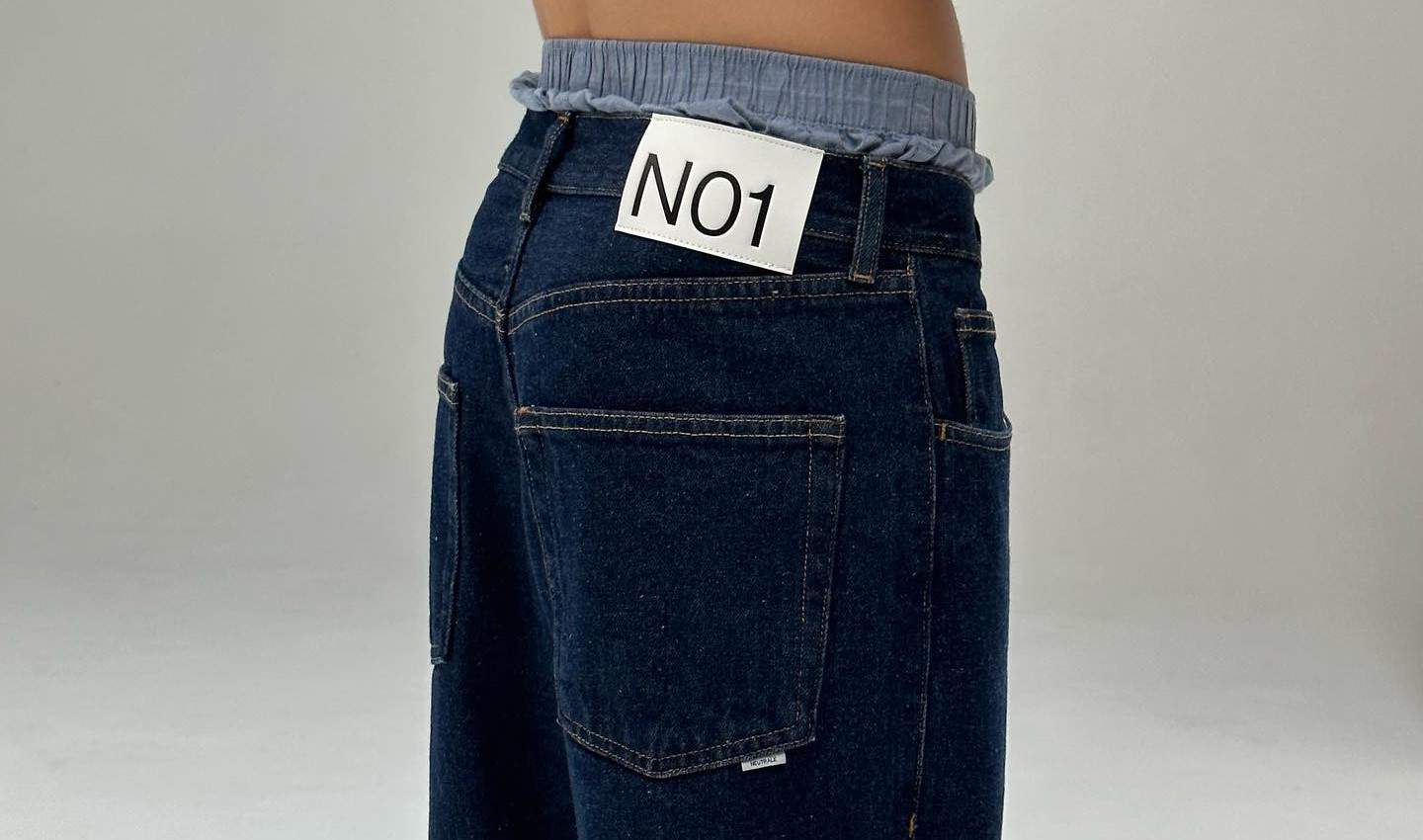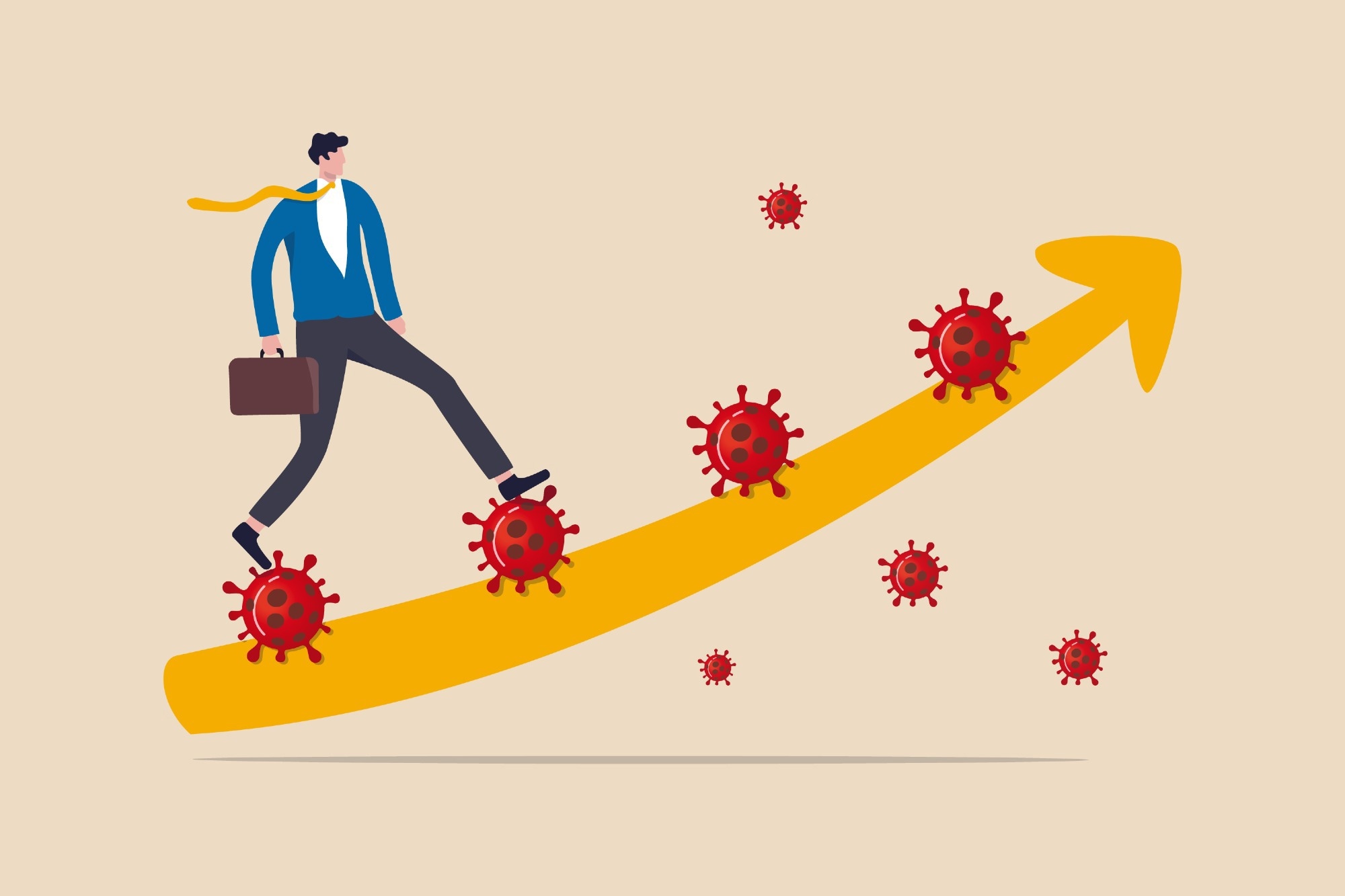In a recent study published in The Journal of Infectious Diseases, a team of researchers from the United States (U.S.) attempted to understand whether individuals experienced any economic benefits in getting an annual coronavirus disease 2019 (COVID-19) vaccine, given that the morbidity and mortality rates associated with the disease have decreased and the government no longer covers the vaccine costs.
Study: What is the economic benefit of annual COVID-19 vaccination from the adult individual perspective? Image Credit: eamesBot / Shutterstock
Background
The rapid development of vaccines to combat the severe acute respiratory syndrome coronavirus 2 (SARS-CoV-2) has helped significantly reduce the disease’s severity and limit the transmission of the virus. Although subvariants of SARS-CoV-2 continue to emerge and circulate, the virus’s virulence and transmissibility seem to have reduced due to the protection afforded by large-scale vaccination efforts worldwide.
With the drop in hospitalization and mortality rates, COVID-19 is no longer considered a significant public health risk, leading to a substantial decrease in vaccination rates across the U.S. Furthermore, employment organizations and businesses are no longer mandating booster COVID-19 vaccination shots. With the government no longer funding the cost of the vaccine, individuals have to pay for the COVID-19 booster shots either out-of-pocket or through their insurance. However, the gradual decrease in vaccination coverage and waning of infection-induced immunity could influence the control of viral transmission and disease severity.
About the study
In the present study, the researchers examined the benefits of getting annual COVID-19 vaccines, similar to the influenza vaccine, from an individual perspective instead of from the perspective of a third-party payer or society, which has already been examined in previous studies. The researchers believe that while the findings might not contribute to recommendations and decisions made by governments or insurance companies, they will help individuals assess the merits of an annual COVID-19 vaccination from their perspective.
The study developed and used a Markov computational simulation model to assess the values and trade-offs of getting the annual vaccine. This model used eight mutually exclusive states of SARS-CoV-2 infections and the economic and clinical outcomes for each state.
The state at which an individual begins is the state of no infection with pre-existing protection from previous vaccinations or infections. Based on factors such as risk of infection, probability of clinical outcomes based on age, and pre-existing protection levels, the model calculates the probability of an individual moving to a COVID-19 state. The model also calculates the probabilities of returning to the non-infected state or developing long COVID based on various levels of symptoms ranging from asymptomatic to severe.
These probabilities are calculated twice for each individual, once with and once without the annual COVID-19 vaccination. Minor to severe adverse effects, as well as changing vaccine efficacy, are also factors that are incorporated into the model. The economic measures are calculated based on factors such as loss of productivity due to vaccination absenteeism, mortality, out-of-pocket costs, presenteeism, healthcare visits, and medications. The cost-benefits were calculated for each scenario. Sensitivity analyses were also conducted for varying disease severity based on different SARS-CoV-2 variants.
Results
The results suggested that an individual stood to benefit clinically and economically by getting vaccinated annually against COVID-19. The model showed that adults between the ages of 18 and 49 saved an average of $30 to $603 if they did not have health insurance, while insured individuals of the same age group saved $4 to $437.
These estimates were on the assumption that the efficacy of the vaccine against SARS-CoV-2 started at greater than or equal to 50%, the individuals interacted with about nine people a day, the infection probability was more significant than or equal to 0.2%, the infection prevalence was 10%, and the conditions were for the Omicron variant of SARS-CoV-2 during the winter of 2023-2024.
For individuals between the ages of 50 and 64, the average economic benefits were even higher, with savings of $119 to $1706 and $111 to $1278 for individuals with and without insurance, respectively. Furthermore, in cases where the previous vaccination was nine months ago, and 13.4% of the pre-existing protection remained, the model showed that the risk threshold was greater than or equal to 0.4%.
Conclusions
Overall, the study found that the annual COVID-19 vaccine was economically and clinically beneficial to individuals with or without health insurance. The economic value of getting the COVID-19 vaccine was higher for individuals between 50 and 64 years of age.
Journal reference:
- Bartsch, S. M., O’Shea, K. J., Weatherwax, C., Strych, U., Velmurugan, K., John, D. C., Bottazzi, M. E., Hussein, M., Martinez, M. F., Chin, K. L., Ciciriello, A., Heneghan, J., Dibbs, A., Scannell, S. A., Hotez, P. J., & Lee, B. Y. (2024). What is the economic benefit of annual COVID-19 vaccination from the adult individual perspective? The Journal of Infectious Diseases. DOI: 10.1093/infdis/jiae179, https://academic.oup.com/jid/advance-article/doi/10.1093/infdis/jiae179/7641782








